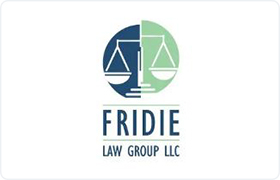Glendora Divorce & Family Law Lawyer, New Jersey
Sponsored Law Firm
-
 x
x

Click For More Info:
-
Fridie Law Group L.L.C.
101 Route 130 Suite 306, Madison Building Cinnaminson, NJ 08077» view mapDivorce & Family Law We Fight For Your Rights
Reach out to us today for legal help on your case. We're available for free consultations and return all calls and emails within 24 hours.
800-859-9690
Louis Gerard Guzzo
✓ VERIFIEDDivorce & Family Law, Family Law, Child Support
Louis G. Guzzo, Attorney at Law, was formerly a law clerk to the presiding family law judge in Atlantic County. He has appeared as a speaker and guest... (more)
Michael D. Fioretti
✓ VERIFIEDDivorce & Family Law, Family Law
The Law Offices of Michael D. Fioretti has been in existence since 1981. Our firm’s practice extends to the following counties: Bucks, Chester, Dela... (more)
W. James Jakobowski
Real Estate, Estate Planning, Family Law, Insurance, Personal Injury
Status: In Good Standing
Donald C. Cofsky
Residential Real Estate, Land Use & Zoning, Real Estate, Family Law, Adoption
Status: In Good Standing
 James Fridie Cinnaminson, NJ
James Fridie Cinnaminson, NJ Practice AreasExpertise
Practice AreasExpertise


